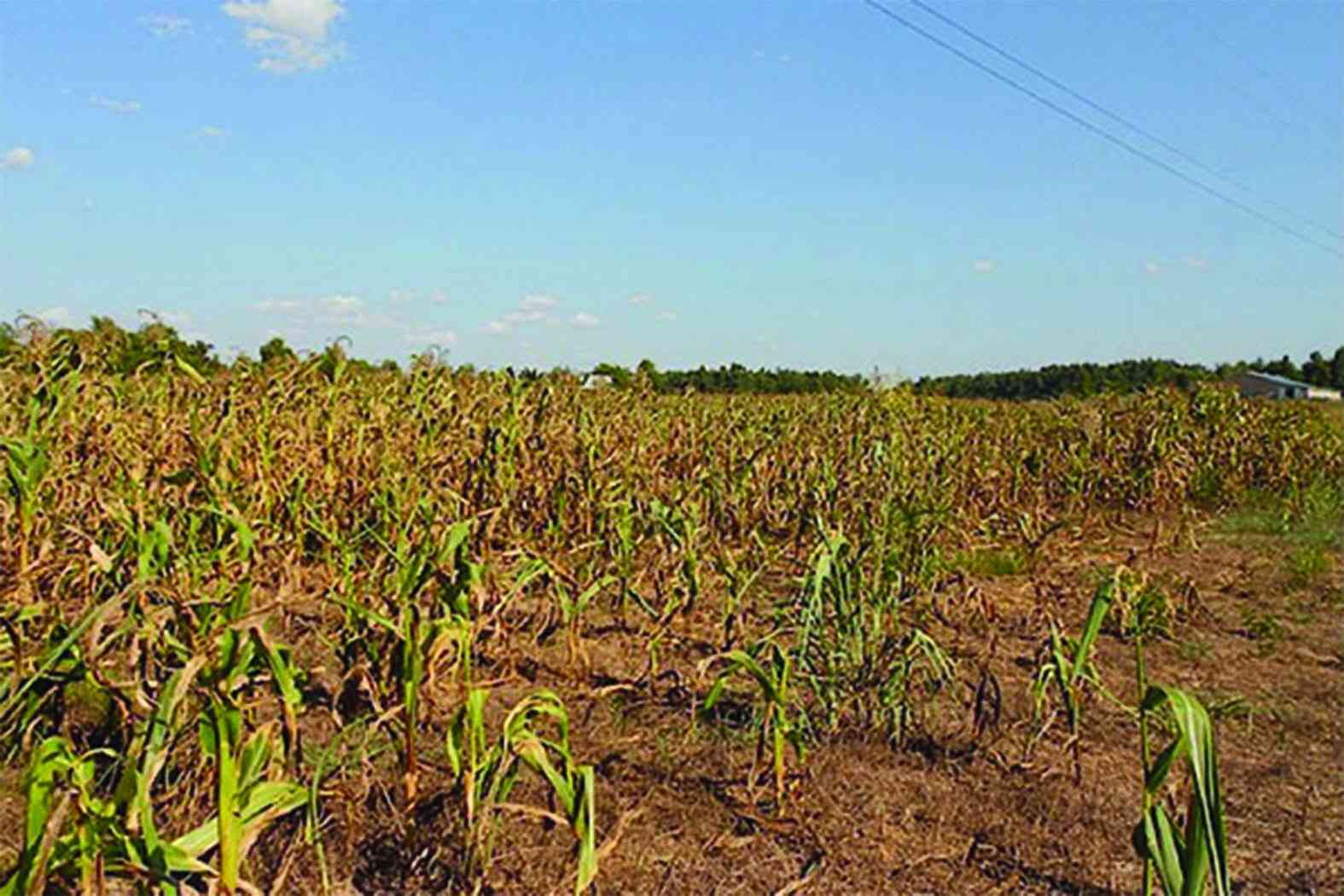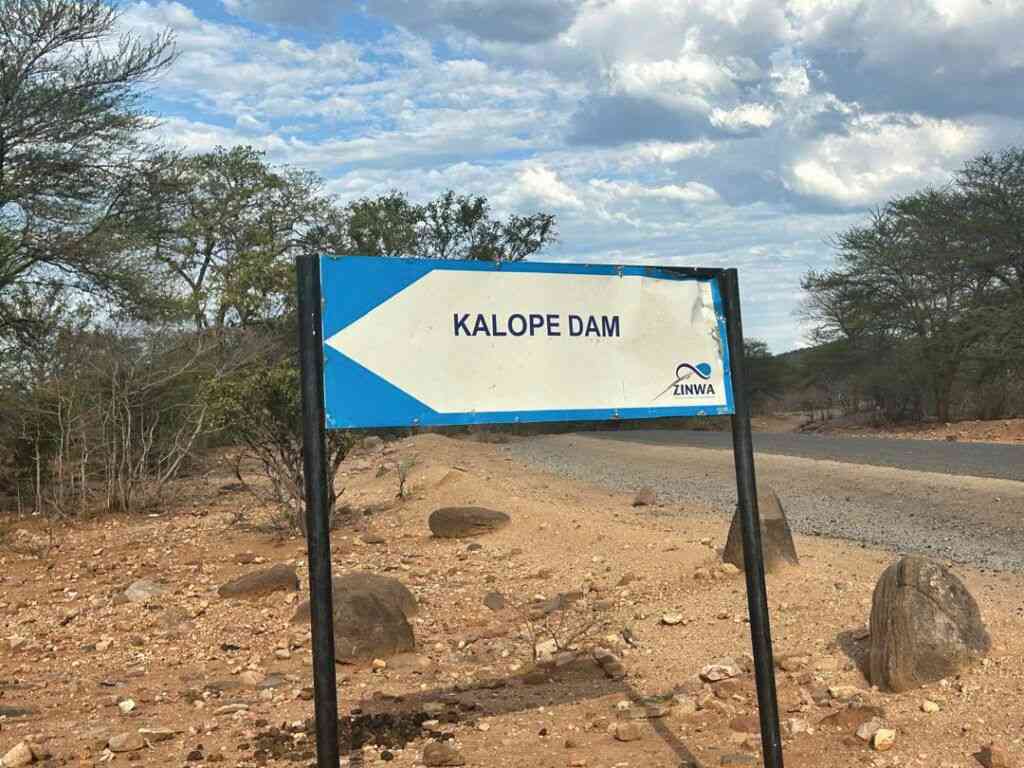
IT is early Saturday morning as 10-year-old Ratidzo races against time across maize fields to catch locusts, while they are still immobilised by the early morning frost.
Several rural children are making it a daily routine to catch the insects for a meal as the El Niño-induced drought takes a toll on many of Zimbabwe’s rural communities.
Armed with a bucket and an old mosquito net, Ratidzo ventures into the fields each morning without fail as this means a lot for her family.
“We must be on time to get as many locusts as possible,” said the young girl from Makanda homestead situated about 80 kilometres east of Karoi town, under Chief Mjinga in Hurungwe East.
“This is part of our daily relish. We didn’t have enough maize due to drought.”
For many people including resettled farmers in Tengwe and Karoi farming town environs, catching locusts is now a daily routine.
“These locusts in our fields are a blessing, because they are relieving us from hunger,” explained Makina Makina of Deve area.
Swarms of locusts have descended on barren maize fields providing a welcome meal for the communal farmers and their families currently being stalked by the El Niño-induced drought.
- Mavhunga puts DeMbare into Chibuku quarterfinals
- Bulls to charge into Zimbabwe gold stocks
- Ndiraya concerned as goals dry up
- Letters: How solar power is transforming African farms
Keep Reading
Zimbabwe faces acute food shortages and has appealed to the international community after President Emmerson Mnangagwa declared the drought a national disaster as an estimated half of the country’s population, including urbanites, require food aid.
A resettled farmer along Karoi-Chirundu Highway, Tobias Murenga, said locusts were now a business venture.
“Selling locusts can make a difference because one can buy basic commodities including salt, sugar, soap, among others,” he explained.
Elsewhere, some villagers under Chief Kazangarare, about 65 kilometres north of Karoi, are enjoying an avalanche of wild fruits called nhunguru in vernacular Shona, which they are selling in Karoi town.
Nhunguru, the governor plum, is scientifically called flacourtia indica. In Tonga it is called ntumbulwa, while in Chewa they call it nthuza or ntheme.
Zimbabwe National Traditional Healers Association (Zinatha), secretary of education and board member Prince Mutandi said African traditional beliefs informed that drought seasons are characterised by an invasion of locusts and other insects.
“History has taught us through the popular gore rehwiza — (year of locusts) in 1946 and 1947 when people of Masvingo survived by eating harurwa. That season was a national disaster,” he said.
Harurwa is an insect which when prepared can be a delicacy not only in Zimbabwe, but also in countries like Botswana, South Africa and Mozambique.
Mashonaland West Proportional Representative legislator, Mutsa Murombedzi said women and children bore the brunt of a drought situation.
“Women and girls often bear the primary responsibility for food provision, water collection, and caring for family members, exacerbating their vulnerability during times of drought,” she said in a written response.
“Health risks are high on women due to water scarcity. Poor sanitation falls disproportionately on them thereby increasing risk of waterborne diseases, reproductive health issues, and malnutrition.
“In addition, women remain vulnerable to economic challenges in small-scale agriculture and informal income-generating activities where women take a leading role.”
She said some learners, especially girls, are often forced to drop out of school during drought seasons.
“Some are forced to engage in child labour to fend for the family. It affects education and perpetuates the cycle of poverty, limiting their opportunities for personal and professional development in the long term,” she said.
Murombedzi also indicated that droughts fuel gender-based violence.
“Generally, families expect women to provide food, fetch water for the family. If those resources are scarce, disputes erupt in the family with the blame falling on women with some being victims of sexual abuse while young girls can be forced into early marriages,” Murombedzi said, suggesting a holistic approach in addressing the impacts of drought.
“It requires a multi-faceted adaptation approach including sustainable water management, drought-resistant crop varieties, improved irrigation systems, community-based early warning systems, and social safety nets to support vulnerable populations.
“Women must be part of decision-making processes, providing access to education and economic opportunities, improving access to clean water and sanitation facilities.
“Empowering women and girls to build resilience and adapt to climate change is essential for achieving sustainable development and gender equality in our communities,” she added.
Zimbabwe, a former breadbasket of southern Africa soon after independence has suffered successive droughts blamed on climate change.











